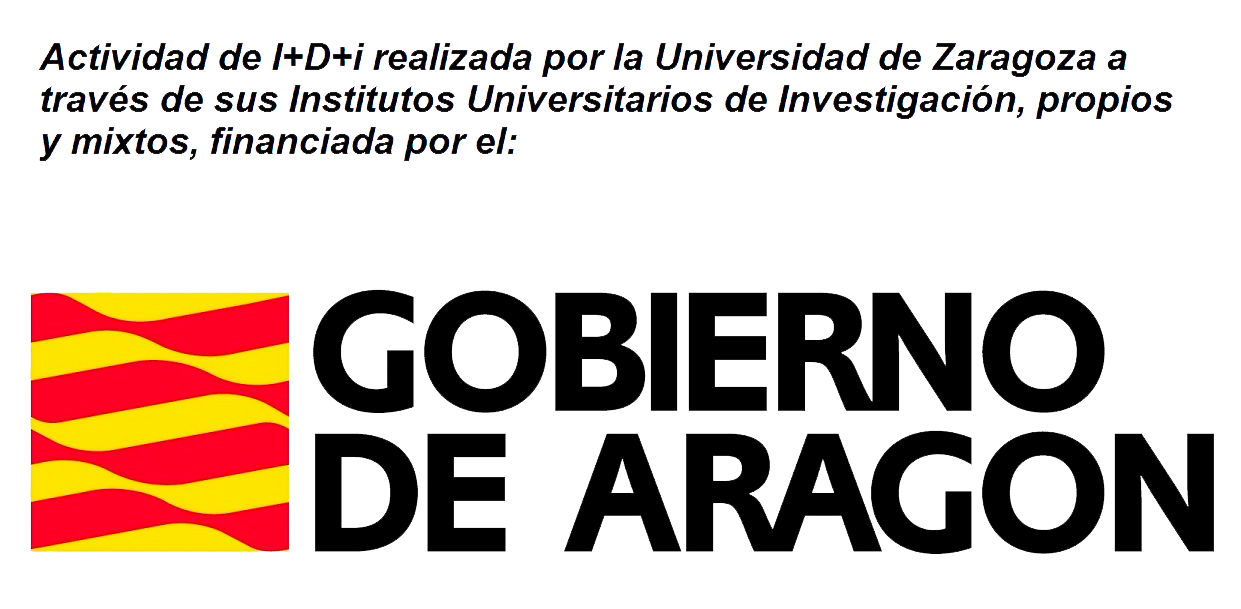Miguel Campos Cáceres
Centre: Dpto. Ciencias Agrarias y del Medido Natural /IUI BIFI
Institution: University of Zaragoza, Zaragoza (Spain)
Position: PhD Student
E-mail:mccaceres@unizar.es / minutoides@gmail.com
Phone: 976762989
Profile: Ver
Personal statement
I completed my undergraduate and master’s studies in Evolutionary Biology at the University of Seville, where I began my research career in plant evolution. I am currently working on my PhD at the Escuela Politécnica Superior de Huesca (EPSH), focusing on genomics, transcriptomics and the evolution of annual species of the model genus Brachypodium. During my training, I developed an interest in genomics and polyploid systems, which allowed me to participate in several research projects. I have collaborated with Kew Gardens (UK) and the Joint Genome Institute (USA), where I expanded my knowledge in large-scale genomic analysis. I joined BIFI because of its focus on biocomputing, essential for my research, which requires the management of large volumes of genomic data and the use of supercomputers. At BIFI, I have combined my training in evolutionary biology with advanced genomic analysis techniques, contributing to research on the structure and evolution of plant genomes.
Researcher profile identity
I am an R1 researcher, currently completing my PhD thesis. My research focuses on the genomic evolution of polyploid plants, specifically on the annual Brachypodium complex, composed of B. distachyon, B. stacei and B. hybridum. Polyploid plants have more than two complete sets of chromosomes, which gives them greater genetic diversity and adaptation. I am exploring how polyploidization affects genomic structure, gene expression and the activity of transposable elements, with the objective of better understanding the evolutionary mechanisms that allow polyploids to adapt to diverse environments. I also use pan-genome approaches and phylogeographic studies to analyse genetic variation and ecological adaptation in the Brachypodium complex, investigating how genomes reorganise and evolve following hybridization and chromosome duplication. This research has applications in crop improvement and biodiversity conservation.
Why my research is important
My research on the evolution of polyploid plants has a strong impact on both evolutionary biology and practical applications. By investigating how polyploidization affects genomic structure, gene expression, and ecological adaptation, I contribute to the understanding of how plants respond to environmental changes and abiotic stress, knowledge that is key to facing global challenges such as climate change. The results of my research can be applied in crop improvement, since polyploid plants often show greater tolerance to adverse conditions, such as drought. This is essential for the development of new, more resilient and productive agricultural varieties, helping to ensure food security in the future. In addition, my focus on pan-genome genomics and transposable element activity provides advanced tools and methodologies for genomic analysis, which can be used in other fields of research and in biotechnology.
Know more about me and my research
– https://bifi.es/es/computacion/
– https://www.researchgate.net/profile/Miguel-Campos-9
– https://bioflora.web.bifi.es/
– Twitter/X: https://x.com/Miguel_CamCac










